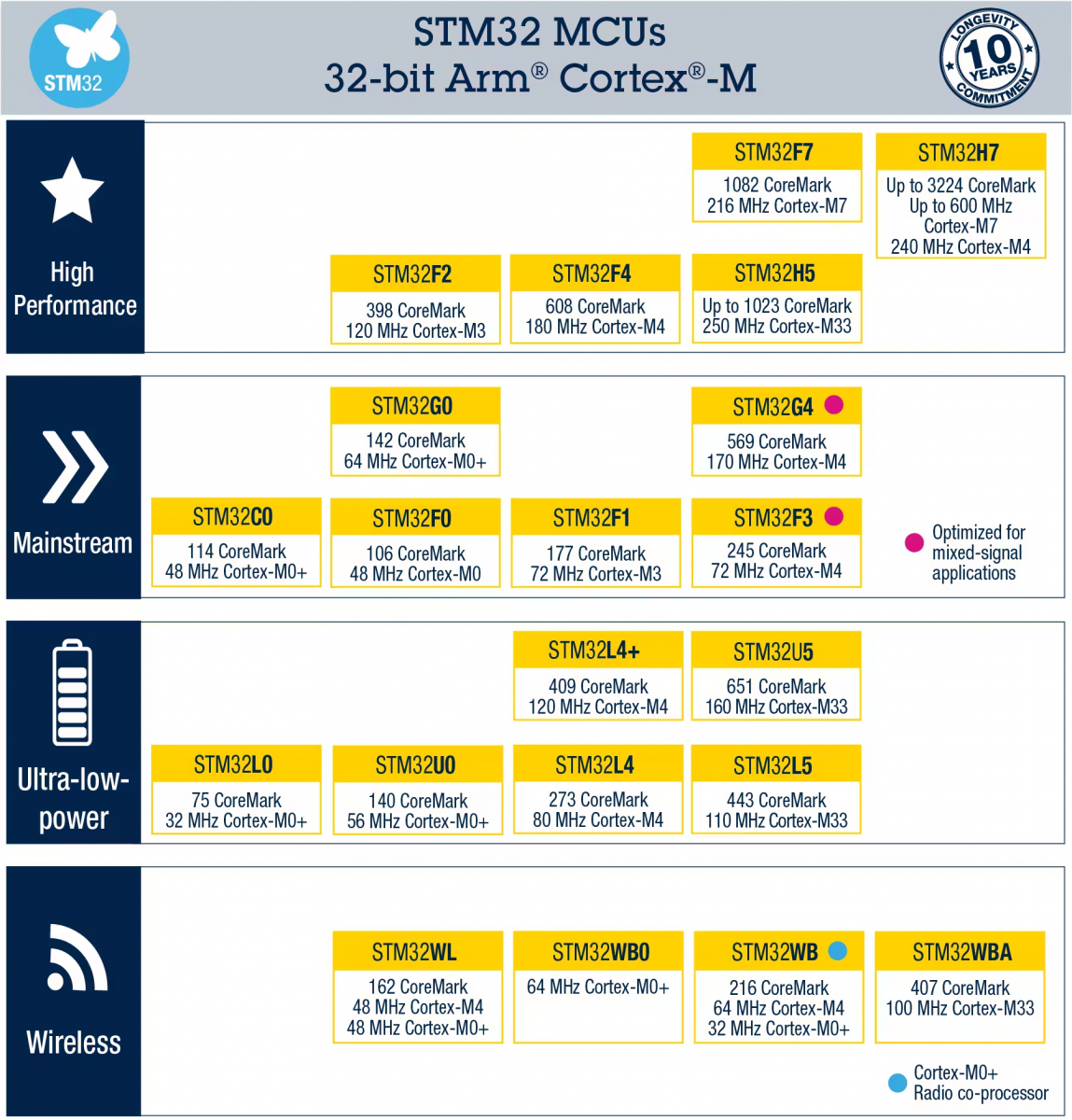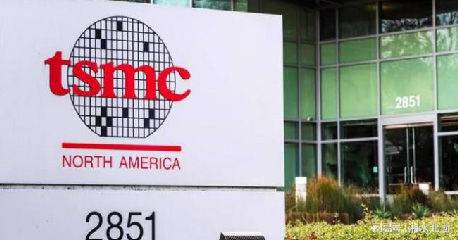.jpg)
People familiar with the matter pointed out that because the U.S. Department of Commerce has imposed a semiconductor export ban, U.S. chip equipment suppliers are withdrawing their employees from China’s largest chip manufacturer, “Yangtze River Storage”, and suspending local business activities.
The Wall Street Journal reported that China's state-run Yangtze River Storage is facing major suppliers freezing support for its production, and has stopped technical support for installation equipment in recent days, as well as the installation of new components, people familiar with the matter said.
U.S. chip equipment manufacturers dispatch dozens of employees to YMTC’s factories to introduce highly specialized chip production parts. If the personnel continue to evacuate, YMTC and other U.S. equipment customers will face upgrades, maintenance cuts, etc. The problem is that the chip cannot be developed.
U.S. semiconductor equipment maker reportedly suspends operations at YMTC
The Wall Street Journal reported on Wednesday, citing sources, that U.S. semiconductor equipment makers are withdrawing employees from Yangtze Memory Technologies Co. (YMTC), a leading semiconductor manufacturing company in China, and suspending business activities there. , because they are eager to assess the impact of the U.S. Commerce Department's October 7th restrictions on semiconductor exports to China.
YMTC is facing a freeze on support from key suppliers, including U.S. semiconductor equipment maker KLA Corp and Lam Research Corp, the sources said. The suspensions follow last week's sweeping U.S. restrictions on China's chip industry, ostensibly to prevent U.S. technology from propelling China's military might, but whose effects could extend further into the industry.
U.S. semiconductor equipment suppliers have in recent days suspended support for equipment already installed at the Changjiang storage plant and temporarily halted the installation of new equipment, the sources said. U.S. suppliers are also temporarily withdrawing their staff from Yangtze River Storage, they said.
The U.S. semiconductor equipment maker has dozens of employees stationed at Changjiang Storage’s factories, the report said. They play a vital role in running the factory and developing its manufacturing capabilities, people familiar with the situation said, because they bring expertise in high-tech chip production equipment.
If the downtime is prolonged, customers like YMTC will face being cut off from future technologies needed to upgrade, maintain expertise and develop chips. None of the three companies responded to The Wall Street Journal's request for comment. While the moves may be temporary, they are a direct sign of business disruptions facing Chinese chipmakers and U.S. technology suppliers.
The U.S. on Friday imposed new export restrictions on advanced semiconductors and chip-making equipment to prevent U.S. technology from being used to boost China's military might. U.S. export controls, which restrict companies from sending chips and chip-making equipment to China, are some of the broadest U.S. measures against China’s semiconductor industry. They deviate from previous actions, which tended to target individual companies and narrower subsets of technologies.
Companies from some U.S. allies are expected to receive exemptions, and the U.S. has notified Samsung Electronics and SK Hynix that two Korean companies in China will not need to apply the export controls for the next year. U.S. semiconductor equipment makers are evaluating what they need to do to comply with new restrictions on working with Chinese customers, and the long-term impact remains unclear, people familiar with the matter said.
U.S. companies dominate certain segments of the global supply chain for chip production equipment, with a combined 41 percent share, while China's share is 5 percent or less, according to an analysis by Boston Consulting Group.
The Commerce Department's measures are far-reaching because they limit the ability of "U.S. persons" to support the development or production of some of China's most cutting-edge chips. Kevin Wolf, a former assistant secretary for export administration at the U.S. Department of Commerce, analyzed that "Americans" would include those with U.S. passports and green cards, as well as U.S. companies.
Kelei is known for its semiconductor inspection equipment, and Fanlin Group is known for its etching machines. Another major U.S. supplier to China's chip industry, Applied Materials, produces tools that include those that deposit layers of material on the surface of a wafer, a key step in the production of chips.
China is the largest market for the three U.S. chip equipment suppliers, accounting for about 30 percent of the companies' revenue. Shares in Applied Materials, Kelei and Fanlin have all fallen more than 20% in the past month. Applied Materials did not respond to the newspaper's request for comment.
In addition to sweeping new restrictions on China's chip industry, the U.S. Commerce Department last week added Yangtze Memory to its "unverified list." U.S. exporters must conduct additional due diligence and may have to apply for additional licenses before shipping to entities on the "unverified list."




